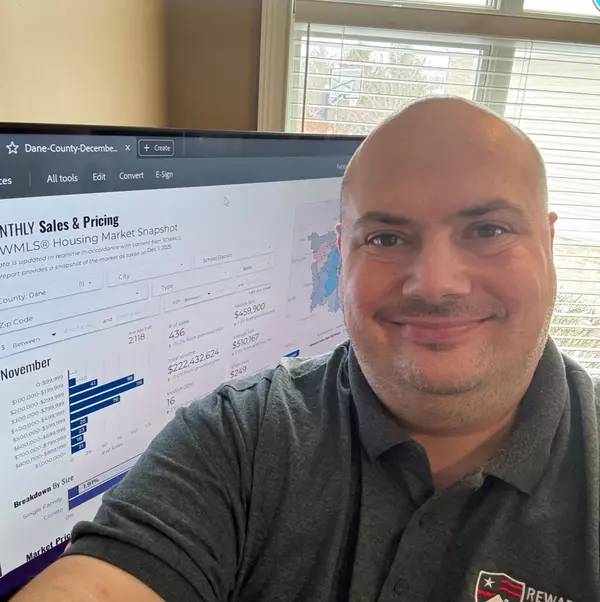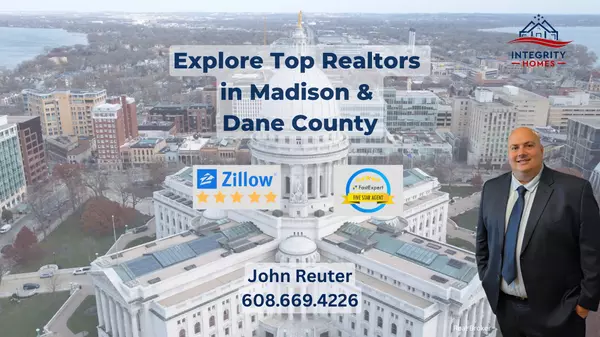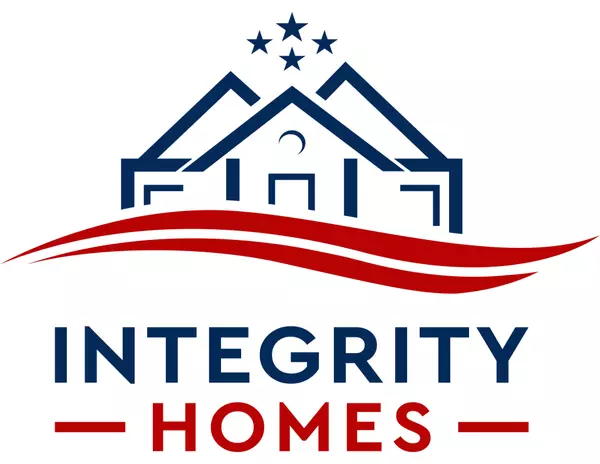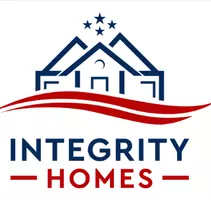Eminent Domain: A Real-Life Concern Beyond Fiction

Eminent domain, often portrayed in dramatic storylines like the one involving the Dutton family in Yellowstone, is far from just a plot device—it’s a legal power that can have profound real-world consequences for property owners across America.
This government power allows federal, state, and local authorities, as well as certain utilities, to seize private property for public use. Attorney Eric Teusink, managing partner at Williams Teusink in Decatur, GA, explains:
“Eminent domain is typically used to acquire land for public projects such as highways, government buildings, utilities, or other public infrastructure.”
The authority to exercise eminent domain is rooted in the Fifth Amendment of the U.S. Constitution, which requires that private property not be taken for public use without "just compensation." But defining “public use” can vary widely between states.
A Local Story: Brothers Bar & Grill, Madison, WI
Even close to home in Madison, WI, eminent domain has stirred significant controversy. The owners of Brothers Bar & Grill faced the seizure of their property by the University of Wisconsin-Madison to build a $43 million music performance hall.
Marc and Eric Fortney, the bar's owners, initially agreed to the $2.1 million offered by the UW Board of Regents but filed a lawsuit claiming the university did not have designs, a timeline, or sufficient funding for the project when they used eminent domain to take the property.
Public outcry followed, with the Fortneys draping their bar with a sign protesting the decision. They also received support from state Rep. Amy Sue Vruwink, who introduced a bill to require UW System approval from the Joint Committee on Finance before using eminent domain.
Although the lawsuit was dropped before going to trial, the Fortneys and the university remain in dispute over relocation costs, which range from the university’s estimate of $150,000 to the Fortneys’ claim of $1.5 million.
University of Wisconsin System spokesman David Giroux emphasized that the system is judicious in its use of eminent domain, stating,
"Our goal and our job remain to look out for taxpayers, students, and donors by providing a fair price for the property."
What Constitutes ‘Public Use’?
In some states, the definition of public use has been stretched to include projects aimed at alleviating urban blight. Attorney Jennifer Polovetsky of Duane Morris LLP explains that in New York, for example, this can mean redeveloping dilapidated areas for public benefit—even if it involves private development.
What to Do If Your Property Is at Risk
If you receive notice that your property may be taken through eminent domain, acting quickly and strategically is critical.
- Consult an Attorney: Seek legal advice immediately. Navigating the complexities of eminent domain law is challenging without expert guidance.
- Negotiate Compensation: The government’s initial offer isn’t necessarily final. Push for better compensation, as it’s often possible to secure a higher amount.
- Challenge the Action: While it’s difficult to contest eminent domain proceedings, especially in states with broad interpretations, it’s not impossible. Be prepared for a long and potentially costly fight.
Final Thoughts
Eminent domain is a legal power that serves a public purpose, but it can feel deeply personal and unfair to those directly affected. For property owners facing this challenge, understanding their rights and seeking skilled legal representation are key to navigating the process.
Note: Portions of this article include insights from Realtor.com and the Madison story by Paul Snyder.
Categories
- All Blogs (207)
- All Things Waunakee (7)
- Benefits (7)
- Communities (12)
- Decorating (7)
- Deployment (2)
- Easements (3)
- Energy Efficiency (4)
- First-Time Homebuyers (22)
- Home Inspection (1)
- Home Maintenance (1)
- Home Selling (19)
- Home Value (14)
- Homes for Heroes (8)
- Housing Assitance (7)
- Interest Rates (6)
- Market Trends (67)
- VA Loans (5)
- Veterans (8)
- Waunakee Housing Market (2)
- Well, Water, Septic Systems (4)
Recent Posts










GET MORE INFORMATION

